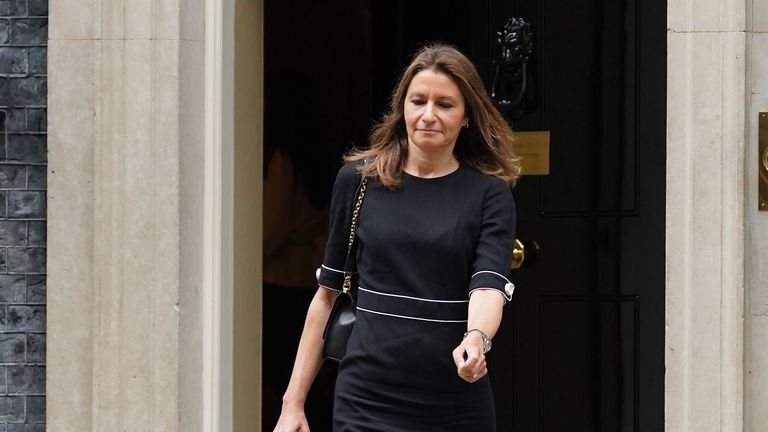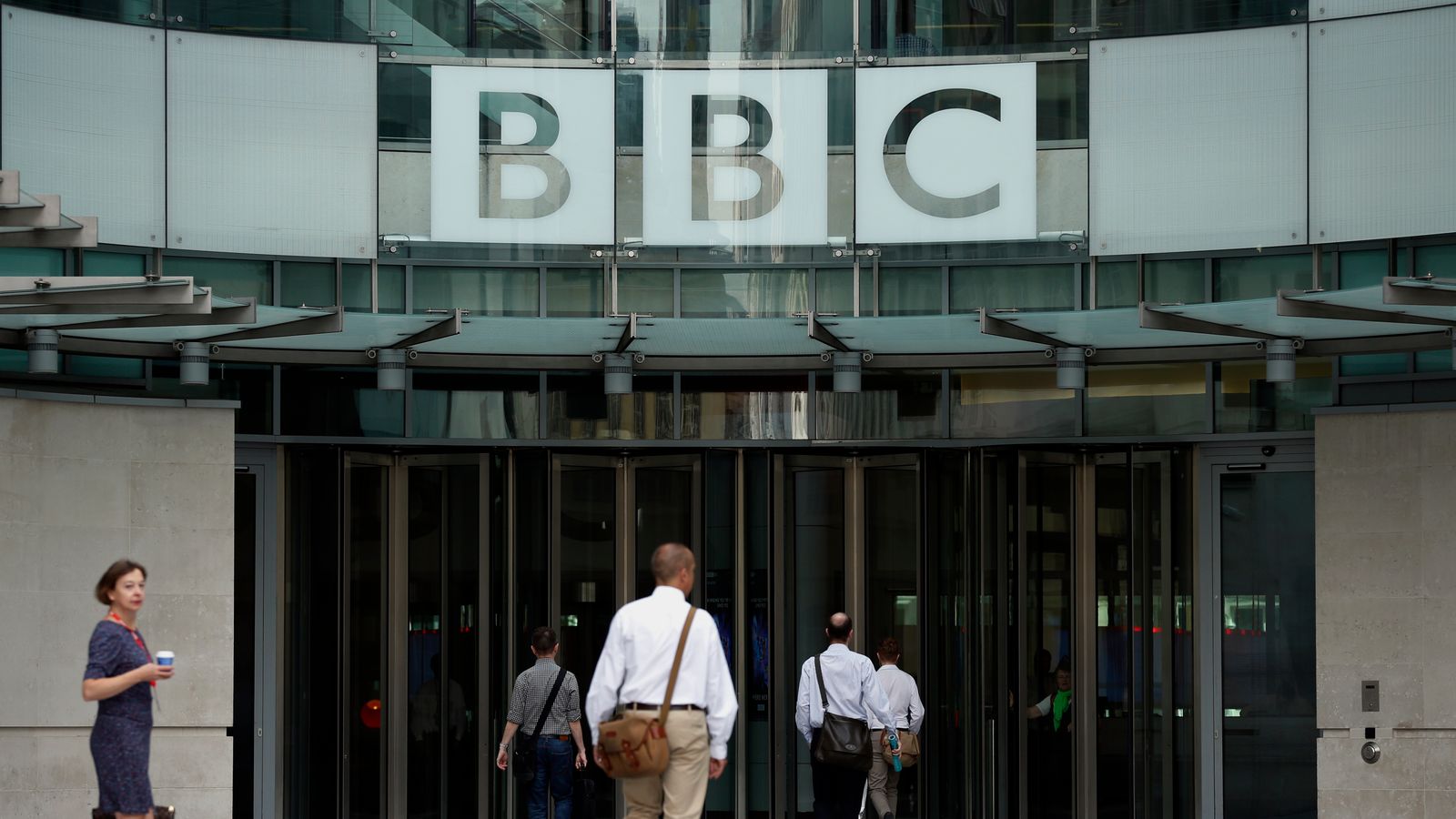
The culture secretary has said she is concerned the planned 9% rise in the BBC licence fee is “very high” and that the BBC must remain “value for money”.
Lucy Frazer said the government wanted to ensure the licence fee rises by an “appropriate amount” amid the ongoing cost of living crisis.
The licence fee is currently £159 per year but is due to increase by 9% or £15 to £173.30 in April.
Asked by Sky News’s Kay Burley whether the planned rise would not happen due to the government’s concerns, Ms Frazer replied: “I’m concerned that that’s a very high level.
“It’s a decision that I’m looking at the moment and we’ll be making an announcement on this very shortly.”
Pressed again on whether the rise would not go ahead, Ms Frazer replied: “Well, I’m concerned about that level of rise. So it’s something that we’re looking at very carefully.”
Ms Frazer said that although she believed the BBC provided a “fantastic service” and was an “amazing tool for soft power”, the “media landscape is changing” and the licence fee must be “fair to people”.
She said 400,000 people did not renew their licence fees last year and that’s why she was also “doing a broader review on the licence fee in the round and how we should fund the BBC”.
Prime Minister Rishi Sunak told reporters over the weekend that the BBC should be “realistic about what it can expect people to pay at a time like this”.
“I think it is welcome that the BBC are looking at making savings and efficiencies in how they operate,” he said.
“It’s really important that when things are difficult everyone is doing what they can to ease the cost of living on families.
“That’s certainly what I have done over the last year and made a bunch of decisions that haven’t been easy, but that’s helped to bring inflation down to ease the burden and the cost of living.
“The BBC like any other organisation that serves the public should be looking to do that and cut its cloth appropriately so I think that is very welcome.”
He added: “Final decisions haven’t been taken obviously – but the BBC should be realistic about what it can expect people to pay at a time like this.”
Read more:
What could alternative funding methods look like?
BBC Newsnight to be cut to 30 minutes
The government is currently looking at whether to replace the £159-a-year licence fee with a new funding model after 2027, when the BBC’s current Royal Charter ends.
The licence fee is due to start rising again with inflation from April after a two-year freeze.
Non-payment of the licence fee is a crime and is enforced by door-stepping inspectors.
Almost 1,000 people a week – seven out of 10 of whom are women – are prosecuted for evasion.
Asked whether pensioners should be “locked up if they don’t pay their licence fee”, Ms Frazer said: “I’m not in favour of criminalisation and it’s one of the things that we will be looking at in the charter review.”
A BBC spokesperson said: “The government and BBC agreed a six-year licence fee settlement in January 2022, which froze the licence fee for two years with increases in line with inflation from 2024.
“As is usual practice the government sets and confirms the cost of a licence each year and this remains unconfirmed for 2024/25.
“The BBC will continue to focus on what it does best: working to deliver world-class content and providing great value for all audiences.”












